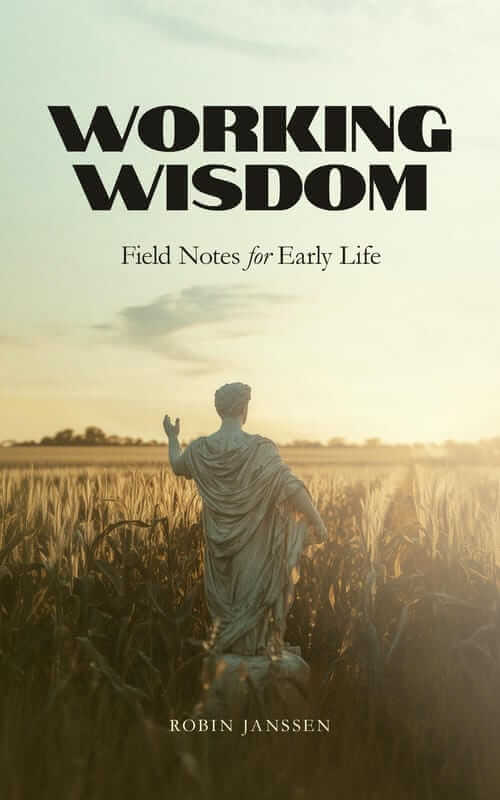Words expose us. Even when you’re not writing something personal, your style pervades in your word choice and rhythm, in the subtle ways you attempt to organize something meaningful.
This is why writing is particularly challenging for beginners. It forces you to fall short of your own expectations. Like the amateur chef trying again and again to cook a great meal they’ve tasted, you can recognize and appreciate good writing while not being able to create it. (My own writing tends to be overcooked. See?)
The frustration is real and necessary, because that’s how skill development works. To improve, your taste for things must outstrip your ability to create them. Judgment must exceed the work.
This imbalance between taste and ability also means you’ll encounter people who can find flaws in your ideas, but may not be able to correct them. A reader may be able to sense that something could be better, but not have the ability to explain it. Ambiguous feedback is not an attack. Embrace scrutiny. Learn to convert critical feedback into better output.
Writing is far from an isolated skill. Rather, it’s a non-linear process of gathering, curating, organizing, creating, and refining ideas and information. It trains you to be far more intelligent, perceptive, and expressive than you can be in any single moment. Like a factory in which the assembly line loops back on itself until you decide the newest assembly, that one last iteration, is good enough.
Writing is an ability around which other abilities can rapidly accrete, spreading benefits into unexpected corners of your life. Writing well complements nearly every professional discipline.
So write. Badly at first, then occasionally well. Write to think, to remember, to understand. Write because in a world of limited attention, the ability to quickly capture and convey meaning clearly is so valuable.
“Reading maketh a full man, but writing maketh an exact man.”
~Francis Bacon
“When you write a story, you’re telling yourself the story,” he said. “When you rewrite, your main job is taking out all the things that are not the story.”
~Stephen King, On Writing (Book)
“Writing a report is important; reading it often is not. Reports are more a medium of self-discipline than a way to communicate information.”
~Andy Grove, High Output Management (Book)
